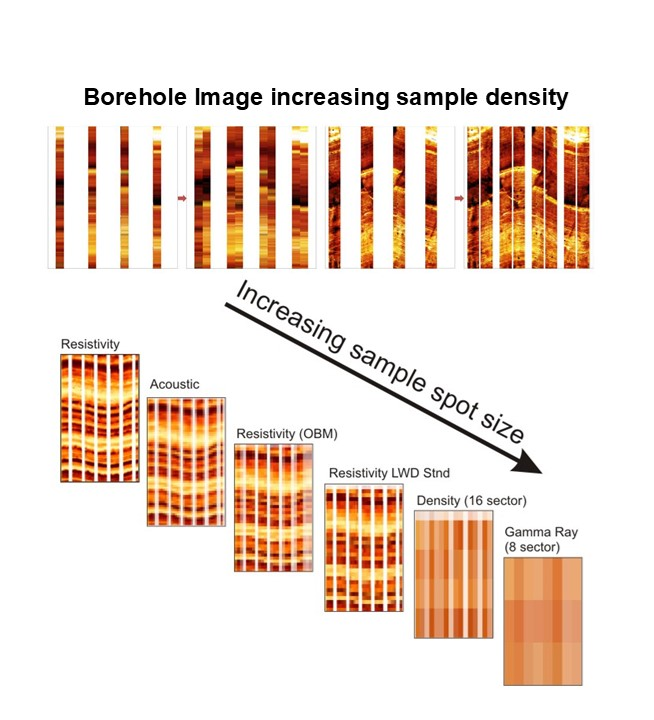
- This event has passed.
PESA ETSIG/CSIRO CCS Knowledge Transfer Series: Installment 6
Tuesday, 19 March, 2024 @ 11:00 am - 12:00 pm (Australia/Perth time)
Free – $10.00
PESA ETSIG/CSIRO CCS Knowledge Transfer Series: Installment 6
The PESA Energy Transition Special Interest Group (ETSIG), in conjunction with CSIRO, is running the “CCS Knowledge Transfer Series” which aims to cover geological and geophysical aspects of CCS, focusing on the differences from oil and gas operations.
Further information about the series can be found here:
https://pesa.com.au/events/etsig-csiro-ccs-knowledge-transfer-series/2023-09-05/
Kindly supported by:

This live webinar will take place at:
11am – Perth
12.30pm – Darwin
1pm – Brisbane
1:30pm – Adelaide
2pm – Canberra, Hobart, Melbourne, Sydney
Use the calendar link on this page to add this event in to your own calendar at the correct local time for your location.
Tickets are free for PESA members (please log in to see this), free for members of the AGA, SPE, AAPG (Asia-Pacific) and the EAGE (Asia-Pacific). Tickets for non-members are $10 per episode.
Please buy your tickets and immediately follow the link in the ticket e-mail (not the calendar invite or this webpage, which is just generic and not event specific) to set up your registration with the webinar software well in advance of the time of the talk. Once registered with the webinar software you will receive a reminder e-mail 1 hour beforehand.
CCS Knowledge Transfer Series: Installment 6
Leakage Risk and Potential Impact on Groundwater – What’s Different About CCS? – Karsten Michael (CSIRO)
Abstract
Like any oil and gas operation, CCS projects need to assess environmental impacts, including potential impacts on groundwater. The identification of potential leakage pathways and approximation of leakage rates are a critical part of the site selection process and help to minimise material impacts on the environment. Compromised well or subsurface integrity issues may facilitate the migration or release of CO2 out of its primary storage container into shallow groundwater. However, the probability of leakage via geological features when storing CO2 at well-characterised sites is extremely low. While the probability of compromised well integrity occurrence based on petroleum industry experience is also extremely low, the probability of well leakage increases with the number of active and inactive wells within the area of the injected CO2 plume. However, well leakage is relatively easily detected and well mitigation and remediation technologies are well-established. Generally, multiple barriers and partial migration into various intervening aquifers, as well as buffering, dissolution and residual saturation will reduce the total volume ending up in groundwater.
Carbon dioxide itself is not considered a pollutant or contaminant in groundwater and is not considered as a parameter for water quality in most groundwater jurisdictions. However, increased CO2 concentrations could reduce the pH of groundwater, i.e., increase its acidity, and thereby enhance geochemical reactions between groundwater and aquifer sediments, potentially resulting in release and mobilization of toxic trace metals. Extremely high concentrations of CO2 in groundwater would be required to cause material harm to the environment as demonstrated in exceptional cases of natural CO2 leakage. Such conditions are improbable in the case of CO2 geological storage. Also, the remobilisation of other harmful substance as result of CO2 leakage has been investigated in many laboratory and field experiments, and material impacts are generally deemed unlikely under CO2 leakage conditions from a well-characterised and monitored geological storage project. The already low risk of impacts on potable groundwater due to CO2 leakage can be further minimised by early leakage detection before reaching groundwater wells; timely stop of injection and remediation.

